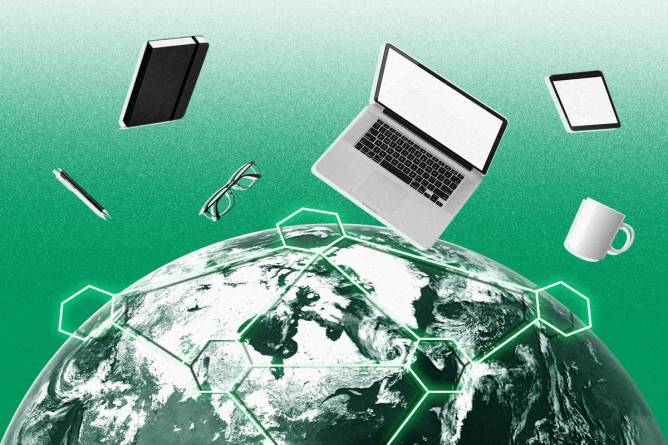Employers are navigating a complex benefits landscape when it comes to reproductive health, as they seek to comply with various state laws restricting abortion while ensuring their employees can still access care they need. A recent survey finds reproductive health access is top-of-mind for US adults, and this has implications for HR leaders. Abortion restrictions are prompting some adults to relocate, while reproductive health benefits are proving to be a key factor for job-seekers as they weigh whether to apply for or accept a role. How reproductive healthcare policies are affecting workers, job-seekers. One in five adults planning to have children in the next decade said they had moved, or knew someone who had moved, to another state due to abortion restrictions, according to the survey, which was conducted by the Institute for Women’s Policy Research in partnership with Morning Consult and the Center for Reproductive Rights. Reproductive health benefits are also influencing career decisions among this group, with 57% saying they’d be more likely to apply for or accept a job that offers them. For more on how abortion bans are affecting the labor market, keep reading here.—CV | 









